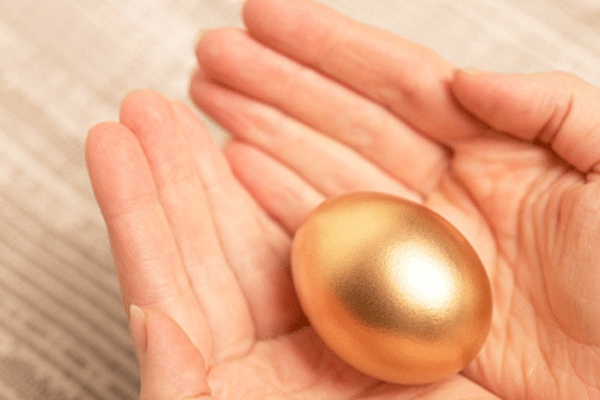Unless you have faced the possibility of never becoming a parent, the idea of infertility probably isn’t something you even think about. Once you have, however, the quest for a baby becomes an all-consuming quest that fills your days, and keeps you awake at night.
Seeing families at the playground turns into a bittersweet pang of pain, and many people who have been told they are incapable of conceiving spiral into depression, because they can never share that joy.
The good news for many couples is that medical advances in the fertility treatment field mean that many couples who could not become parents for medical reasons thirty; twenty or even ten years ago can today.
For some, however, even the advances the fertility treatment field has made over recent years and decades cannot offer the solution they crave. For those couples, options are limited, but egg donation is one that offers a ray of hope.
Let’s look at what egg donation is, how it works, and who it can help in their quest for conception.
What Is Egg Donation?
As we all know, conception relies on an egg from the mother, and a sperm from the father in order to conceive an embryo. That embryo then spends nine (and a bit) months growing in the mother’s uterus and a baby is born.
In some cases, however, even if the timing is perfect, conception simply cannot happen, because there is something wrong with the egg that the mother’s body sends down her fallopian tubes. Everything arrives on time, but the egg cannot be fertilized, and no baby results.
If all of the other factors required for conception and gestation to term are in place – high sperm count and motility, no scarring or damage in the uterus and no other post conception problems – then the only hiccup to conception and having a baby is the egg.
Egg donation fills that void.
Where a potential mother’s eggs are simply not viable to allow a baby to be conceived and carried to term for any reason, a donor egg is substituted, fertilized and implanted. The implanted egg grows as it normally would inside the uterus, and when nine months are up, a baby is delivered.
Who Can Benefit from Egg Donation?
There are many causes of infertility, and egg donation is not the solution to all of those problems.
However, where the problem lies with the quality of the eggs or ova produced by the potential mother, then an implanted egg can be the solution to the problem.
How Does Egg Donation Work?
Fertility clinics are always on the lookout for potential egg donors. These donors are usually young women of around twenty five, and they go through a rigorous screening process. In some cases, it may be that a friend or even a relative of the woman who is seeking an egg donor may volunteer to be her donor too, but they will still undergo the testing and screening process.
If they pass muster, those young women are allowed to donate their eggs, sometimes for a fee. The eggs are then frozen, and when a couple who are looking for a donor with those types of characteristics (features, traits and so on) require an egg, the donated egg is fertilized – usually using a sperm donation from the father.
Several eggs may be fertilized at a time, to maximize the chance of conception, and when they are deemed ready by the fertility expert managing the case, they are implanted into the uterus of the mom to be.
It’s somewhat less romantic than the ‘old fashioned’ way of doing things, but egg donation does offer couples who might otherwise never conceive the chance to become parents. That’s a gift that you simply cannot put a price on.
Tamara Spelling is a contributing writer for Las Vegas Fertility Center Red Rock Fertility.

